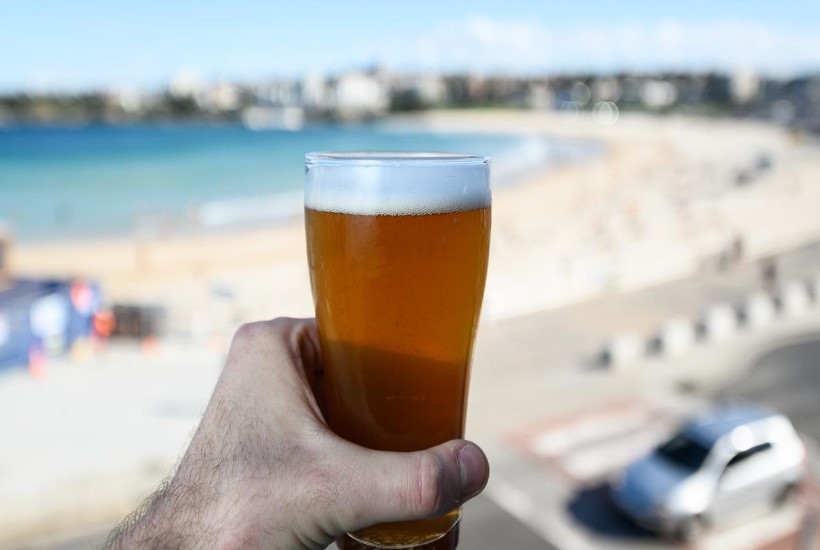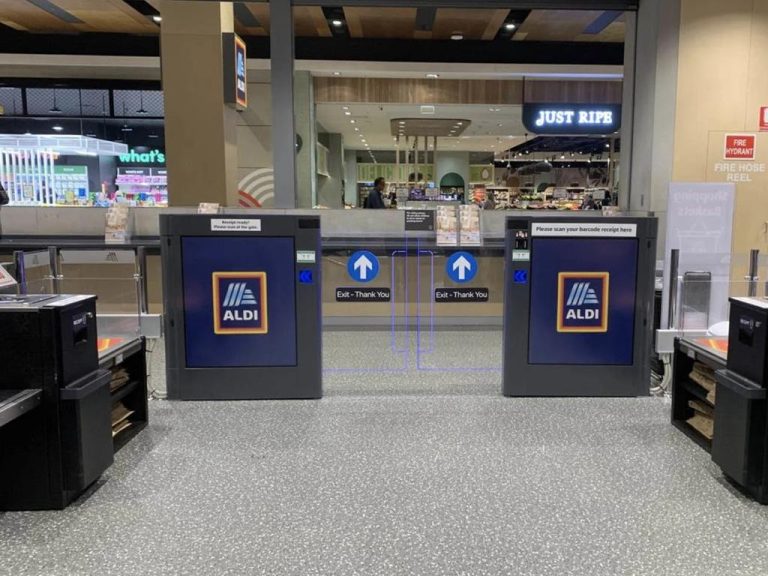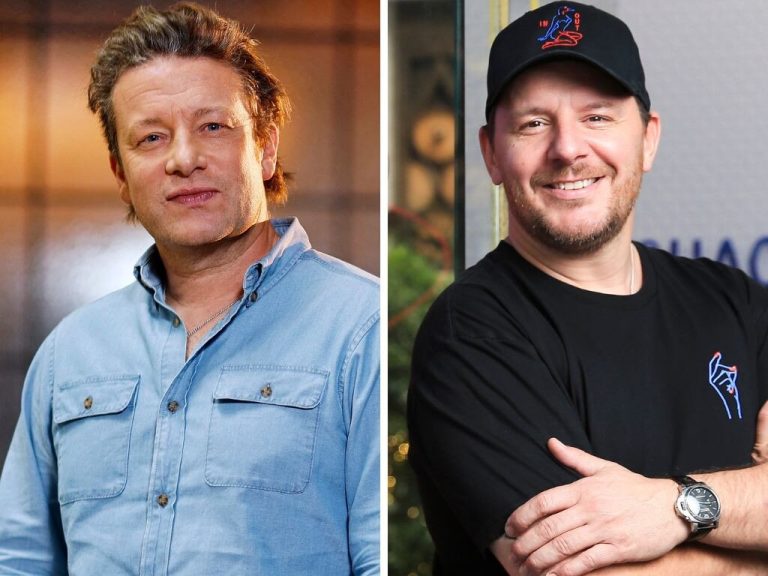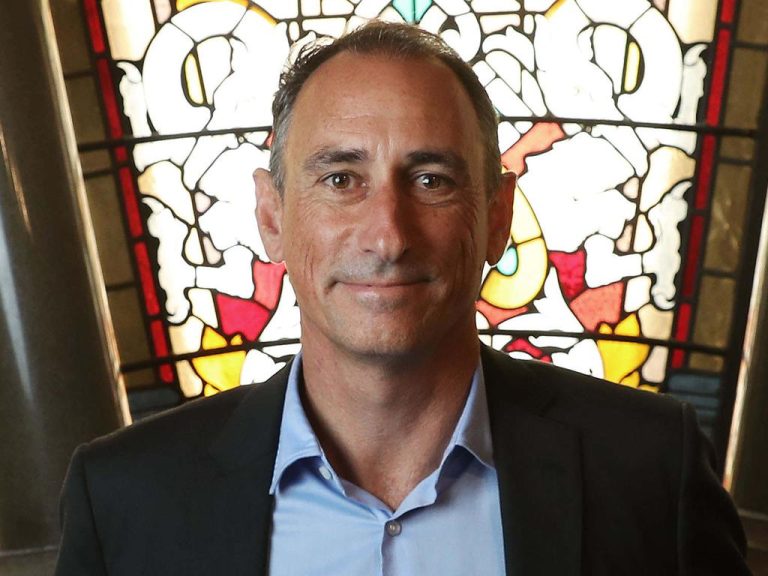Strong return for pub sales after sector’s coronavirus lockdowns

A string of pub sales over the past six weeks valued at more than $170 million has proven the strength of the sector after shrugging off the coronavirus lockdowns.
At least five pubs have changed hands since the start of November, the largest being the record purchase of Sydney’s Narwee Hotel for about $45 million by Iris Capital, as competition in the space heats up.
Landlords have been backed by lenders to expand as gaming revenues rise on the back of government stimulus packages, and as food and beverage operations are leveraged to a recovery in consumer spending.
Pub landlords Redcape Hotel Group furthered its expansion into the Queensland market last week with the purchase of the Shafston and Aspley Hotels in Brisbane for a combined $27.5 million, complementing the purchase of the Gladstone Hotel in Sydney’s inner west a few weeks earlier for $38 million.
Meanwhile, high-flying investment bank Moelis Australia swooped on the adjoining Sydney watering holes, the Kinselas and Courthouse Hotels, in a $67 million acquisition.
Redcape chief executive Dan Brady said the strong and prompt return of customers back to venues following lockdowns has supported the sector’s resilience.
“Communities have responded very strongly to them (pubs and hotels) opening up,” Mr Brady said.
“They are realising and valuing the fact that their community pubs are exactly where they want to meet and congregate with others and that’s despite the challenges of COVID and socialising.
“That’s really the backbone of why this is such a resilient sector.”
Although property is trading at a 30% discount to the same period last year in terms of transaction volumes, HTL property managing director Andrew Jolliffe said the national industry has been on par with historical trends over the past two months.
The company has confirmed 14 deals since March.
“We have a strong deal pipeline commensurate with the weight of capital seeking a foothold in the asset class at a time when interest rates are both historically low and, as importantly, fundamentally accessible,” Mr Jolliffe said.
“We have always held the view that hospitality indexed commercial properties are robust long term investments and, as an industry, there have been few as resilient to legislative headwinds and economic hardship.
“That said, the period of time where the industry had a reduced operating platform at its disposal was incredibly challenging for all stakeholders.”
JLL national director of investment sales – hotels John Musca said the sector had been at its strongest since 2016 prior to the pandemic.
Rather than lockdowns causing the sector to stagnate, he said it entered a state of hibernation causing demand to build up and creating the end of year burst of energy.
Prior to COVID, you had incredibly low cost of debt and the huge weight of capital coming into the sector. Of course, COVID stopped everything in its tracks, Mr Musca said.
“So once we reopened, there’s been pent-up demand, which means trade has really popped,” he said.
“As a result, all this capital is still there wanting to be spent and people’s outlook is pretty buoyant for the asset class so it’s no surprise that we’ve had a rush of transactions in the last quarter.”
This article originally appeared on www.theaustralian.com.au/property







